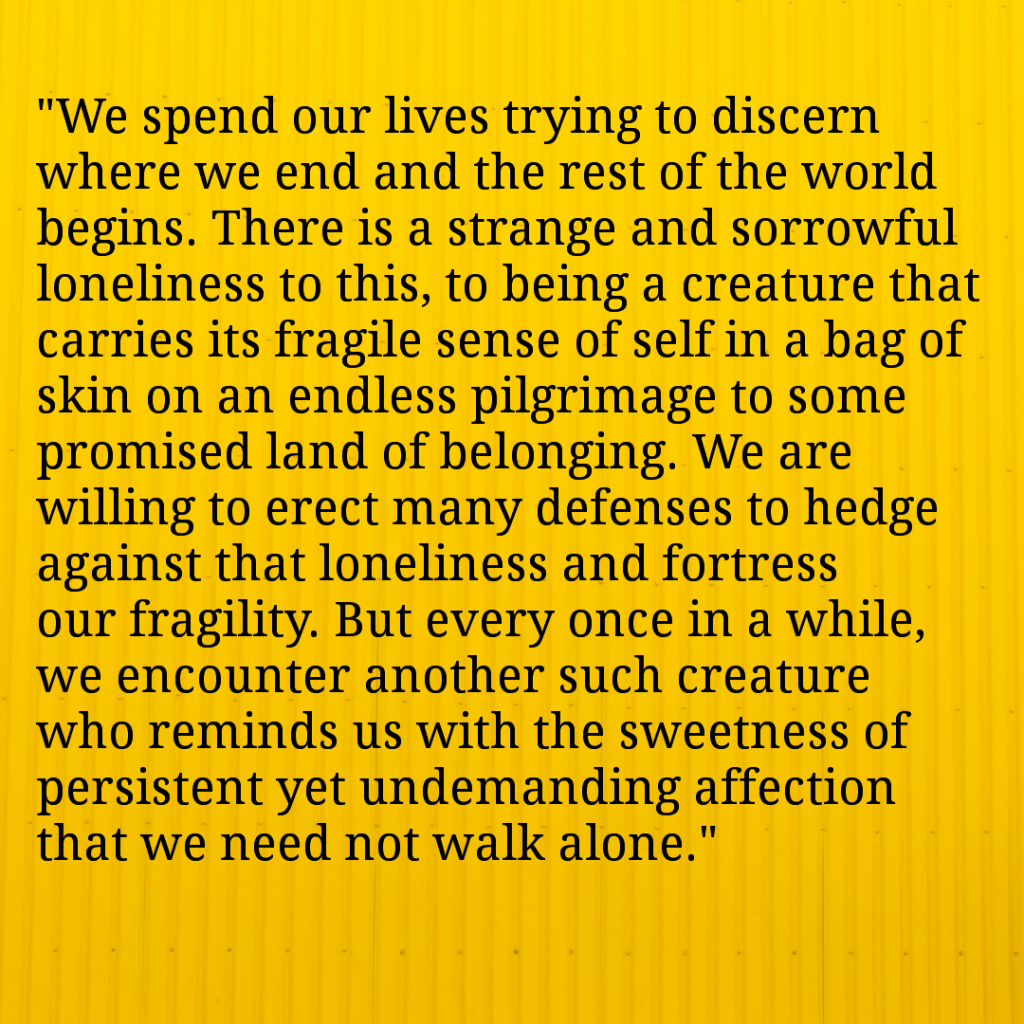For all the times we have loved, we have also lost. Many of us have been around the world of love, feeling it, losing it, fighting for it, begging for it and many other things. If you haven’t, worry not, it will soon come.
For the loves that didn’t work out and even for the ones that eventually did, there are echoes of what could have been. You could have found the love of your life, but years later, things are not quite what you thought they would be. Then you hear coulda-woulda-shoulda echo down the corridors of your relationship.
There’s this beautiful Matchbox Twenty song called The Difference, it tells a story about love and somewhere in the song they sing:
Slow dancing
On the boulevard
In the quiet moments
While the city’s still darkSleepwalking through the summer rain
In the tired spaces
You could hear her nameWhen she was warm and tender and you
Pulled her arms around you
There was nothing but her
Love and affection she was
Crazy for you now she’s
Part of something that you lost
There are loves we have had that were so grand and now they are only part of things we once had, things we lost. Loves we thought we could never live without and now we thrive without. It makes me wonder then, is love real? The fact that one moment you can’t live without this person and the next you can’t even remember their favorite color (shout out to all the talking stage peeps out there!)
Reality may not always live up to the expectations set by the dreams inspired by love. You have a real human to love and as we all know, human beings are as flawed as they come. Many a song has been inspired by this mismatch.
So sometimes, after a while a relationship can feel like an echo, reverberating through the halls of memory and reminding us of what we once hoped and dreamed. Like an echo, the remnants of our desires continue to linger, refusing to fade away completely, even though the source of the sound is long gone. It is as though you are standing in a room of shadows.



